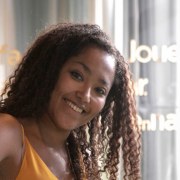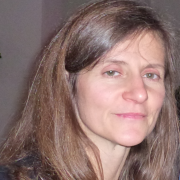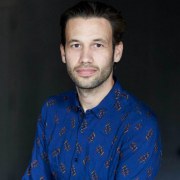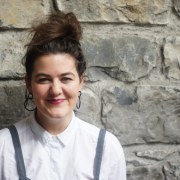Developing visitors' critical thinking through exhibitions
The Covid-19 crisis and its "infodemics" brought critical thinking issues back to the forefront. The crisis made clear how little sight on science and scientific thinking makes science extremely vulnerable for mistrust.
What strategies should we adopt to develop and encourage visitors’ critical thinking? Which kind of approaches are more relevant regarding our objectives and our targeted audiences?
The speakers will share their complementary experiences of exhibition projects specifying which aspects of critical thinking they address and what the expected outcomes are.
Why adopt a cognitive, historical, artistic or epistemological perspective? Each approach will be analysed through its interests but also its limits and risks.
This session will provide an opportunity to discuss concrete ways to respond to this huge but important challenge.
Session speakers
GUM (Ghent University Museum)
Marjan will share her experience as director of "The Museum of doubt", a museum that presents the complexity as well as the vulnerability of science without jeopardising its credibility. In this approach a museum, like science itself, is an ideal sanctuary to let go of false certainties and give doubt its rightful place again.
Nathalie will share her experience as museograph for "Esprit critique - Détrompez vous" an exhibition about critical thinking. This exhibition allows visitors to discover different mechanisms that can lead to illusions, misinterpretations of facts, falsifications or manipulations, whether voluntary or involuntary. In this approach, visitors become more vigilant by testing themselves and becoming aware of their sensitivity to these mechanisms.
Alain will share his experience about “The Office for the Whole Truth” that was built for the exhibition FAKE. In this approach visitors are invited to understand the topic of fake and truth in a nuanced way and on a personal as well as a societal level - and it makes clear that the truth needs all of us.
Acting Head of Programming
Aisling will share her experience about "Fake" exhibition at Science Gallery Dublin. In this approach visitors explore the impact of the context on whether they believe something is real and wonder when authenticity is essential.





